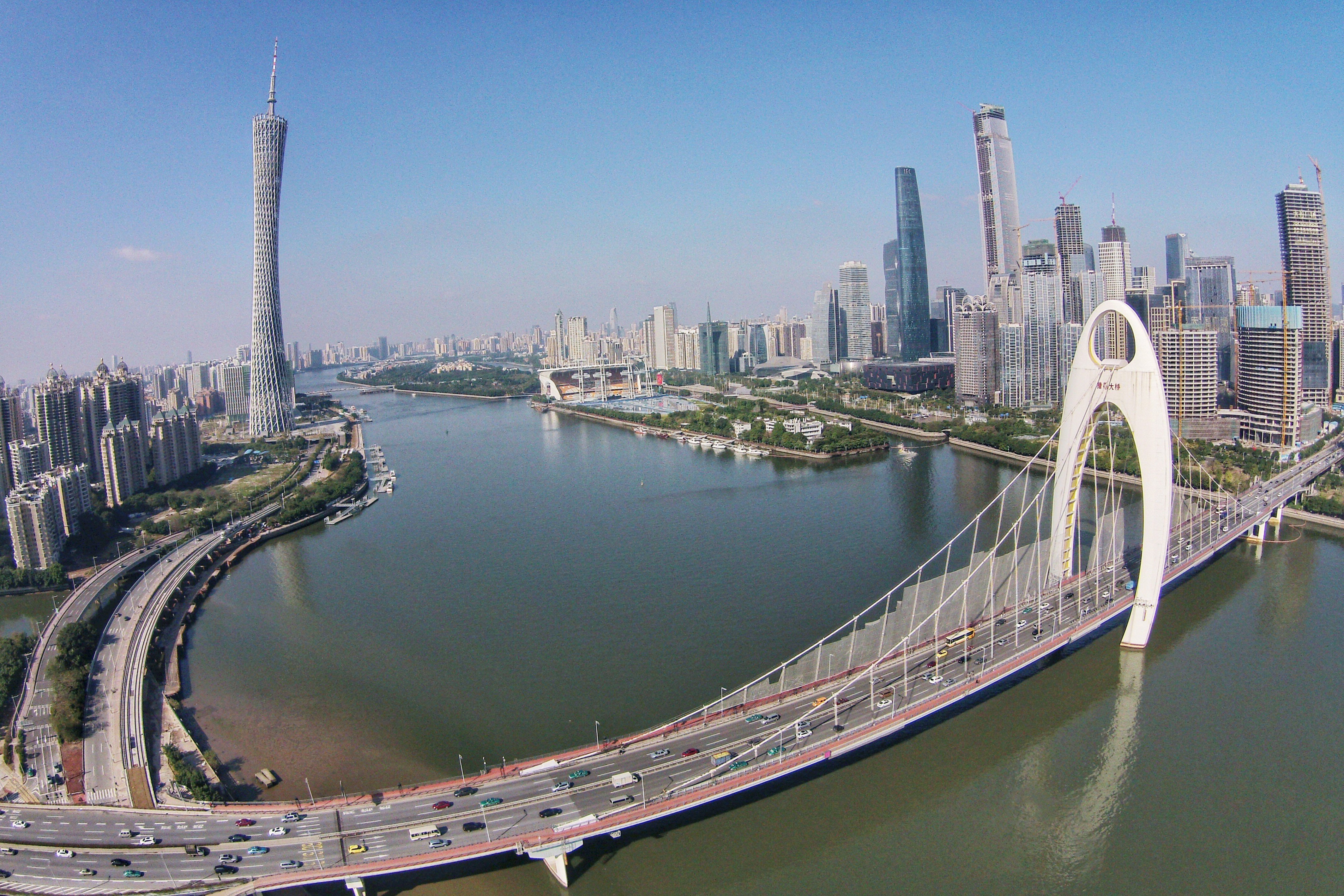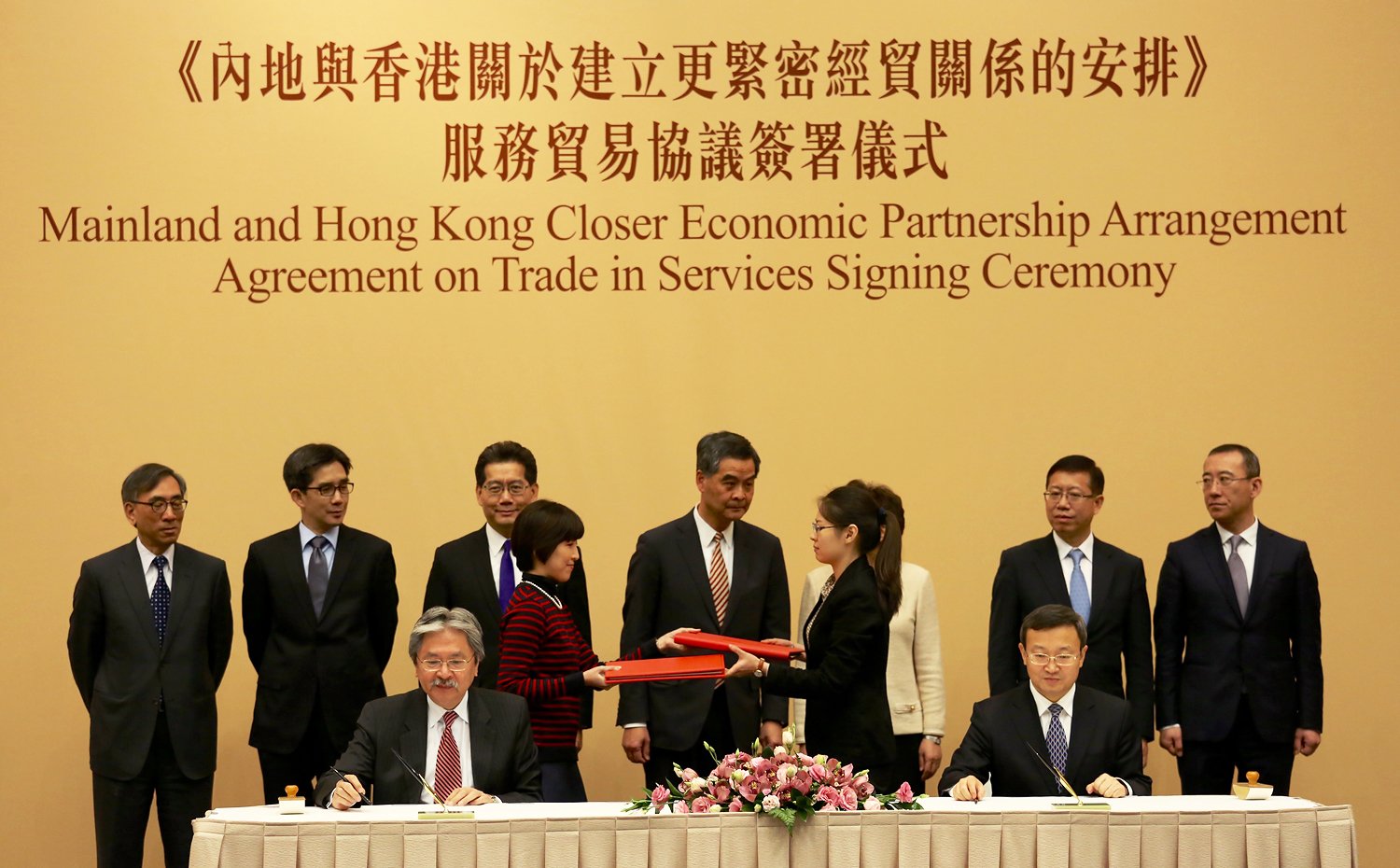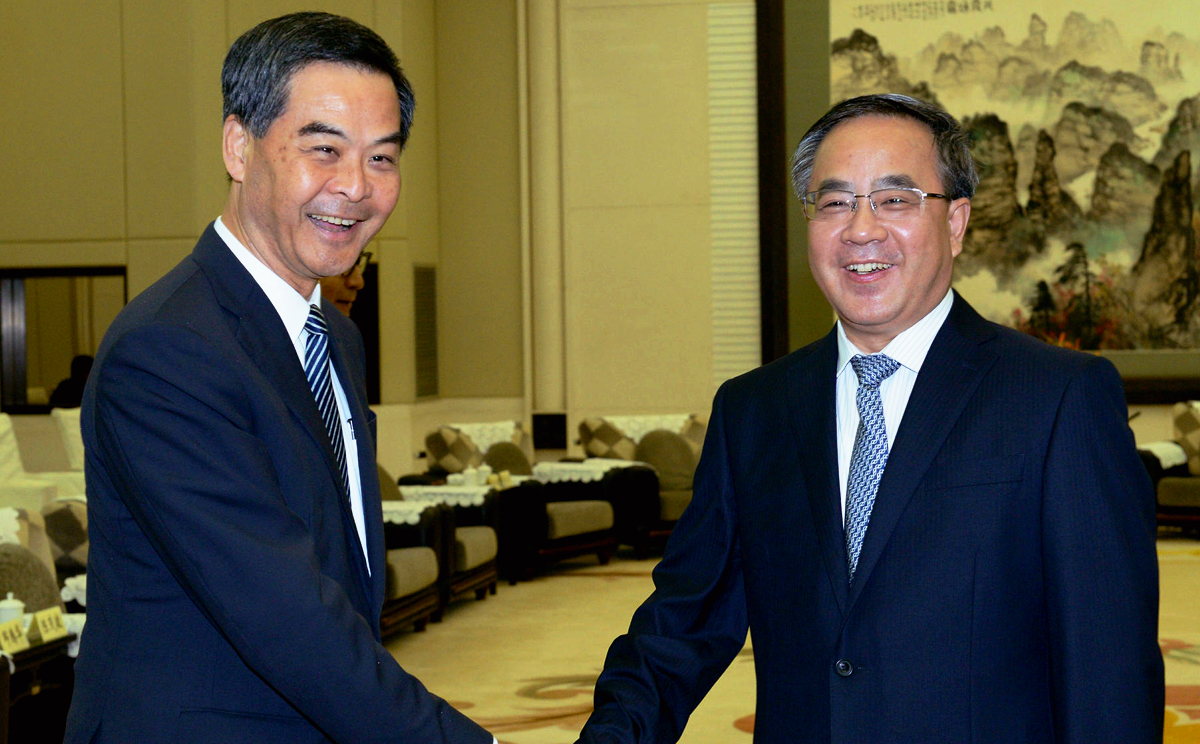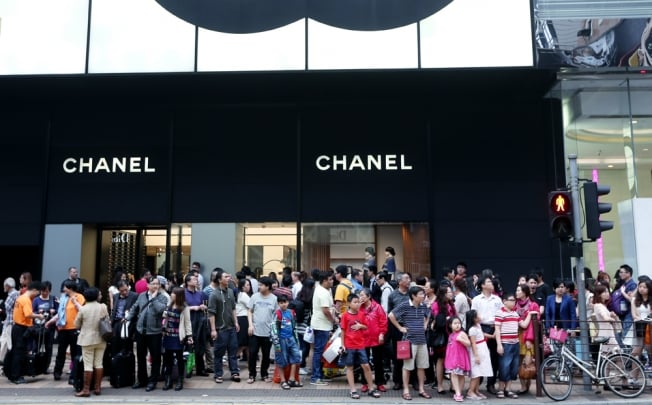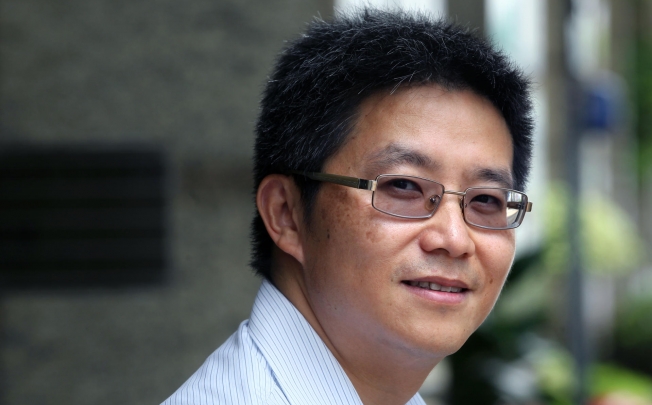TOPIC
CEPA
CEPA
The Mainland and Hong Kong Closer Economic Partnership Arrangement (CEPA) is an economic agreement between the government of Hong Kong and the Central People's Government of the People's Republic of China. Signed on June 29, 2003, it is a free trade agreement that allows qualifying products, companies and residents of Hong Kong preferential access to the mainland Chinese market.
Opinion | Bar set too high for Hong Kong firms wanting mainland China access
The Closer Economic Partnership Arrangement (Cepa) has been a bit of a disappointment to city businesses seeking access to potentially lucrative mainland markets. To bring any real benefit to Hong Kong, the mainland regulator must be willing to cut the red tape.
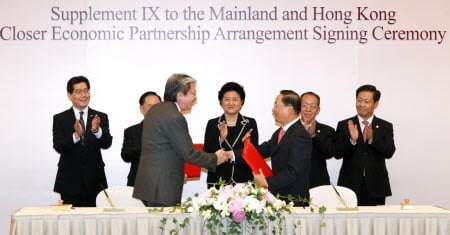
Cepa not a big success story for many Guangdong enterprises
The popular belief was that Hong Kong capital and professional expertise would help upgrade the neighbouring province's service and financial sectors, improve its industrial infrastructure and support manufacturing, keeping the Pearl River Delta at the forefront of the nation's economic reform.
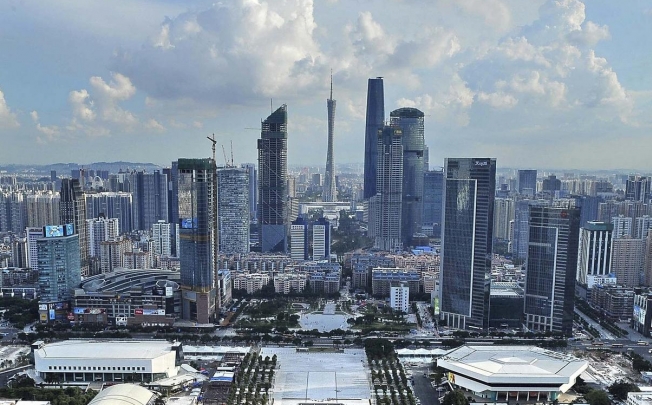
Advertisement
Advertisement
Advertisement
Help preserve 120 years of quality journalism.
SUPPORT NOWAdvertisement
Advertisement
Advertisement
Advertisement
Advertisement
Advertisement
Advertisement
Advertisement
Advertisement
